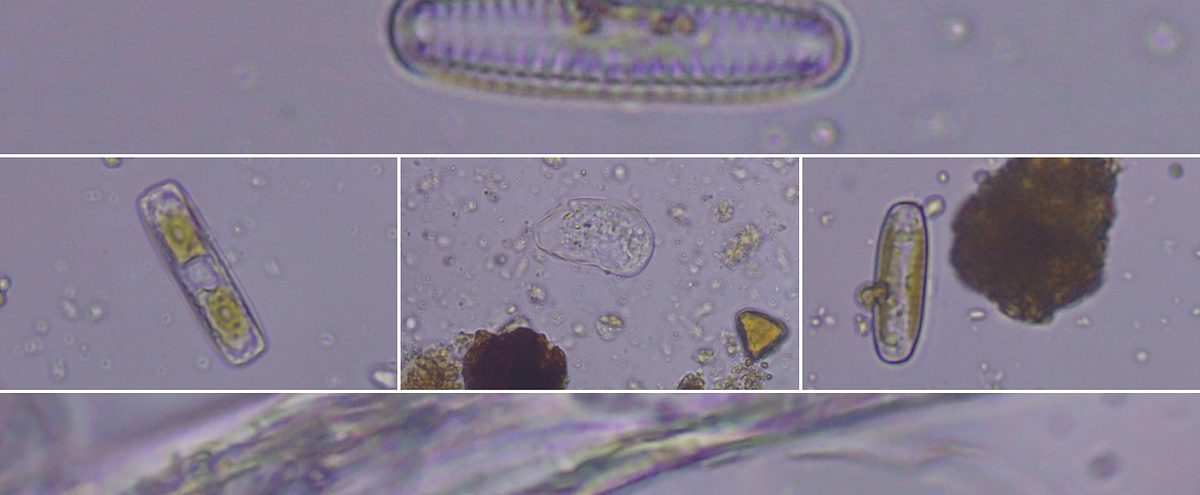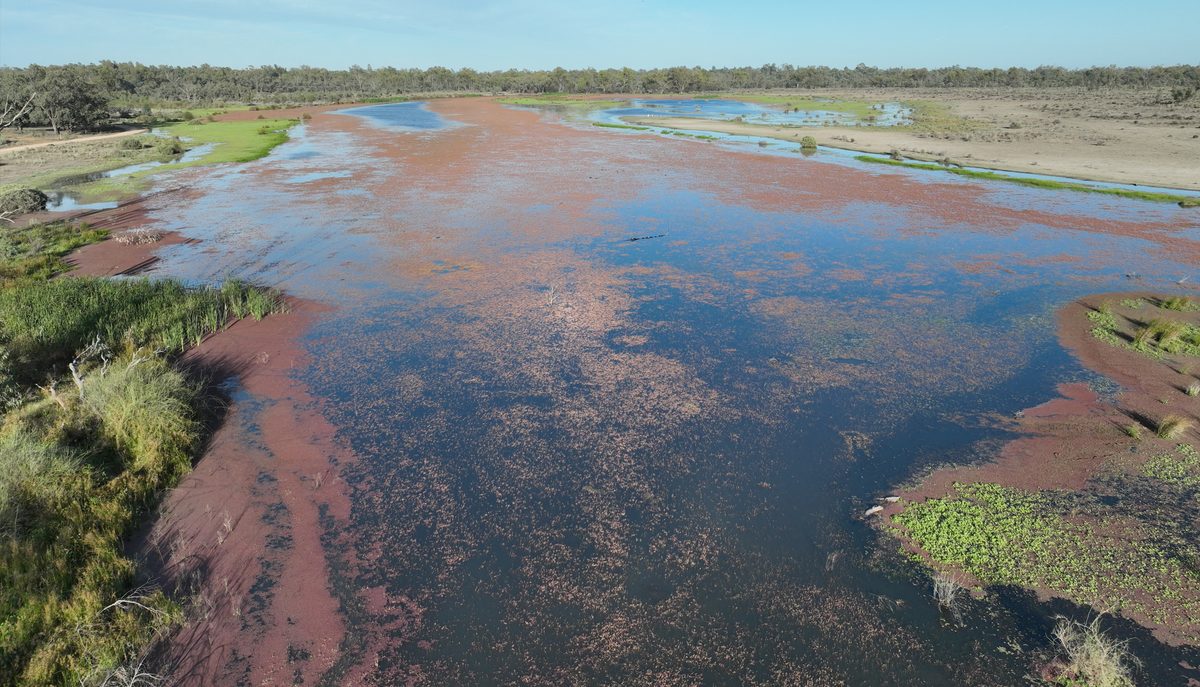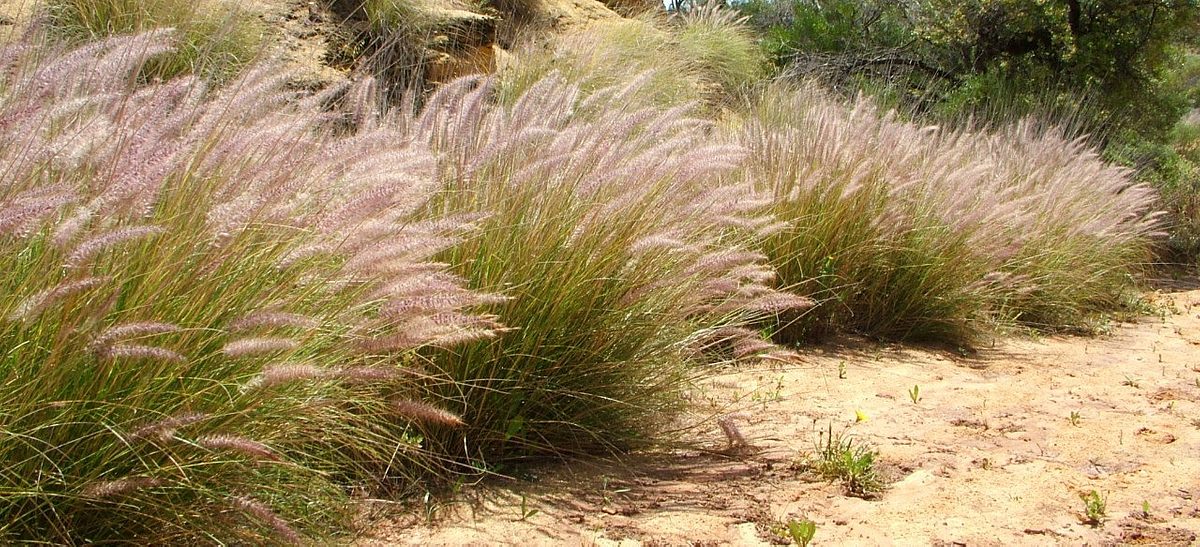Soil microbes - farming with your underground livestock for healthy soil

If you want to grow plants, either on the farm, fruit block, or in the home garden, chances are you have considered your soil and thought about adding something to make the plants grow better.
What if there was something that you could encourage in your soil that is vital for plant and soil health? And its free!
Healthy soil has its own living and breathing ecosystem of microbes, sometimes referred to as soil biology. Soil microbes include bacteria, actinomycetes, fungi, protozoa, and nematodes, and they’re the good guys in this story.
These microscopic creatures are naturally occurring, but the population sizes and diversity of species is influenced by many soil characteristics like organic matter levels and soil pH. Microbes are also influenced by what we apply or do to the soil. So perhaps we should consider soil microbes to be our underground livestock.

Why do you need to look after soil microbes, your underground livestock?
Microbes have lots of beneficial effects on soil and plants that lead to improved productivity and better-quality produce.
- They improve soil structure by producing sticky glue-like substances that help to form soil aggregates and break down organic matter into humus, and they increase soil carbon levels. This leads to improved water infiltration and soil water holding capacity.
- They assist in cycling nutrients by breaking down organic matter to supply food for plants.
- Some microbes can convert atmospheric nitrogen into a plant available source of nitrogen. Others work on different nutrients, like phosphorus and sulphur, to make them more available to plants.
- Some microbes actively support healthy plant growth by supressing disease-causing microorganisms, improving plant disease resistance, and helping plants cope with environmental stresses.
- Some fungi have been found to help plants find and access soil moisture reserves.
How do you manage the underground livestock?
Just like managing livestock above ground, these living creatures need some basic requirements to thrive. What we do can make a very big impact on the health of soil microbiology and correspondingly on the health of soil.
- Maintain a diverse range of healthy living plants for as long as possible to encourage a healthy population of soil microbes. Plants and microbes exist in mutually beneficial relationships. Living plants excrete simple sugars from their roots as a product of photosynthesis. Microbes feed off these sugars and in turn make soil nutrients available to the plant.
- Keep soil covered in the form of living green plants, or mulches and stubble residues, to conserve soil moisture and protect microbes from drying out. They can’t survive in hot, dry, sun-baked soils.
- Avoid tillage or major disturbance of soil. Tilling or digging the soil disturbs soil structure and destroys the living ecosystem of microbes.
- Avoid applying synthetic chemicals including fertilisers, fungicides and herbicides. These chemicals are toxic to soil microbes. Regular use will cause their gradual decline, leading to a biological desert underground. You will lose all the benefits of the plant/microbe relationships.
- Reintroduce grazing livestock of any kind, it could even be chickens. When animals graze plants, it encourages plants to actively grow to replace green material. When plants are doing this, they are also releasing more simple sugars into the soil which favours more microbes. Just make sure that the plants aren’t grazed too heavily for too long.
How do you get more underground livestock?
Following the principles above is a great way to increase the microbe activity in your soils. However, some soils have very low soil biology levels naturally or past management practices have caused their decline. It may be necessary to introduce microbes to your soil and there are some simple things that can be done.
- Add good quality composts to your soil. Good compost is full of beneficial microbes because they’re responsible for turning organic waste into compost.
- Over larger areas, it can be more effective to spray out compost teas and organic liquid extracts.
- In addition, it can be beneficial to spray out microbial food sources like a mix of molasses, fish emulsion and kelp extract. This can supercharge those microbes that are present.
- Putting out soil amendments with humic and fulvic acid in them also provide a beneficial carbon food source for microbes.
- Adding biochar inoculated with nutrients and microbes to soil increases soil carbon levels and improves the soil environment for microbes. It’s just like a home improvement option. Biochar is like a hotel for microbes
So if your aim is to build soil health, reduce the cost of and reliance on soil inputs, and increase your soil productivity then you should consider how to provide the best care for your underground livestock. Microbes are one of the smallest animals on your property but they’re probably your most beneficial livestock if managed correctly.
If you would like more information about how to improve the health of your soils and increase your soil biology, you can visit our soil resources page or contact our Soil Extension officer, Barrie Williams.




